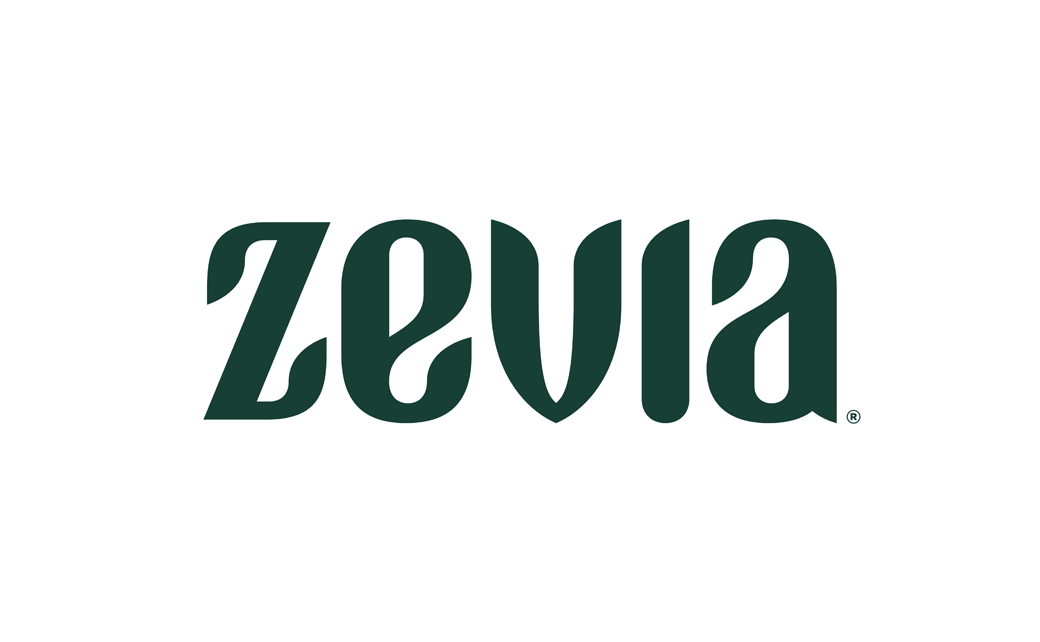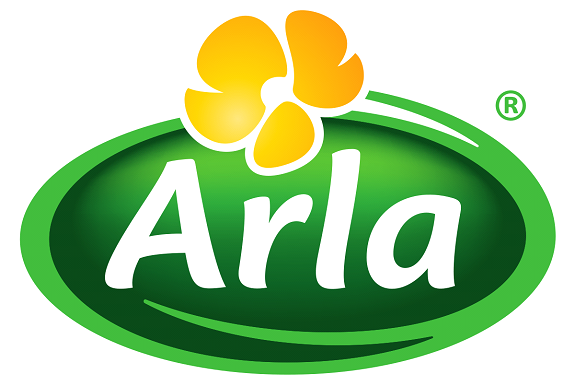Behavioral Interviews: The Key To Identifying CPG Top Talent
Hiring the right talent can be a challenge. Behavioral interviews offer a powerful method for uncovering soft skills and cultural fit. By focusing on how candidates have handled past situations, you can gain insights into their problem-solving abilities, adaptability, communication skills, and alignment with company values. This approach goes beyond technical skills and helps you identify the candidates who will thrive in your organization.
Let’s explore how to leverage behavioral interviews to identify top talent, predict future performance, and train hiring managers for effective interviewing.
Leveraging Behavioral Interviews to Uncover Soft Skills and Cultural Fit
Behavioral interviews excel at revealing soft skills and assessing cultural fit, which are often the key determinants of success in a role.
Understanding the Importance of Soft Skills
Soft skills, such as communication, teamwork, and leadership, play a critical role in an team member’s success. Candidates with soft skills can navigate complex social dynamics, lead teams through challenges, and communicate effectively with colleagues and clients. These skills often differentiate good team members from great ones.
Behavioral interviews are effective at assessing soft skills because they require candidates to provide specific examples of how they’ve demonstrated these skills in the past.
Instead of asking, “Are you a good communicator?” a behavioral interview might ask, “Describe a time when you had to explain a complex concept to someone unfamiliar with it. How did you approach it?”
Assessing Cultural Fit
Cultural fit is just as important as soft skills. Team members who align with the company’s values and culture are more likely to stay long-term and contribute positively to the team. Behavioral interviews can help assess cultural fit by asking questions that reveal a candidate’s values, work style, and preferences.
For example, you might ask, “Tell me about a time when you disagreed with a team member. How did you handle the situation?” The response provides insight into their conflict resolution style and how well they’ll fit into your company’s culture.

Using Behavioral Interviews to Predict Future Performance
Behavioral interviews offer more than just a glimpse into past behavior—they help predict future performance. The underlying principle is simple: past behavior is the best predictor of future behavior. Understanding how a candidate has handled situations in the past gives you valuable insights into how they might handle similar situations in your organization.
Structuring Behavioral Interview Questions
To predict future performance effectively, structure your behavioral interview questions to elicit detailed, specific responses. The STAR method—Situation, Task, Action, Result—is a popular framework for crafting these questions:
- Situation: Ask the candidate to describe a specific situation they were involved in.
- Task: Have them explain the task they were responsible for in that situation.
- Action: Probe for the specific actions they took to address the task.
- Result: Finally, ask about the outcome of their actions.
For example, you could ask, “Tell me about a time when you had to manage a project with a tight deadline. What was the situation, what task were you responsible for, what actions did you take, and what was the result?
This structure encourages candidates to provide concrete examples, revealing their competencies and potential for future success.
Identifying High-Potential Candidates
High-potential candidates perform well in their current roles and have the capacity to grow into more challenging positions. Behavioral interviews can help identify these individuals by revealing their learning agility, adaptability, and resilience.
For instance, asking, “Describe a time when you had to learn something quickly to solve a problem. How did you go about it, and what was the outcome?” provides insight into a candidate’s ability to adapt and grow—key traits of high-potential team members.
How to Train Hiring Managers for Effective Behavioral Interviewing
Behavioral interviews are powerful, but their effectiveness depends on the interviewer’s skills. Hiring managers must be well-trained to conduct these interviews effectively, ensuring they ask the right questions and accurately interpret the responses.
Providing Comprehensive Training
Training should cover the basics of behavioral interviewing, including the STAR method, how to structure questions, and how to avoid common pitfalls like leading questions or unconscious bias. Role-playing exercises are particularly effective in helping hiring managers practice these skills in a controlled environment.

Developing a Consistent Interview Framework
To ensure consistency across the hiring process, develop a standardized interview framework that all hiring managers can follow. This framework should include a set of core behavioral questions that align with the company’s values and the specific competencies required for the role. Standardizing the interview process reduces bias and ensures that all candidates are evaluated on the same criteria.
Emphasizing Active Listening
Active listening is a pivotal skill for any interviewer. Hiring managers need to stay fully engaged in the conversation, pick up on subtle cues, and ask follow-up questions that probe deeper into the candidate’s responses. Training should emphasize the importance of active listening and provide techniques for improving this skill, such as taking notes and summarizing the candidate’s answers to ensure understanding.
Mitigating Unconscious Bias
Unconscious bias can impact the hiring process, leading to decisions based on personal preferences rather than objective criteria. Training programs should include strategies for mitigating bias, such as structured interviews, diverse interview panels, and using data-driven assessments to complement behavioral interviews.
Elevating Your Hiring Process with Behavioral Interviews
Behavioral interviews provide a structured and insightful approach to identifying top talent. By focusing on real-life examples, these interviews help you uncover the soft skills and cultural fit that are crucial for long-term success. With the right training and frameworks, hiring managers can effectively use behavioral interviews to predict future performance and build a high-performing, culturally aligned team.
Conclusion
Incorporating behavioral interviews into your hiring process can lead to more informed decisions, ultimately helping your organization attract and retain top talent. When done right, these interviews can set your company apart, ensuring you not only find candidates with the right technical skills but also those who will thrive in your unique environment.
If you’re looking to refine your hiring strategy or need guidance on implementing behavioral interviews, our team at Protis Global is here to help. We specialize in identifying and recruiting top talent that aligns with your company’s values and long-term goals. Let’s connect and discuss how we can support your hiring needs.


















